Affiliate links on Android Authority may earn us a commission. Learn more.
The good, bad, and ugly of Xiaomi's UK launch
Published onNovember 15, 2018
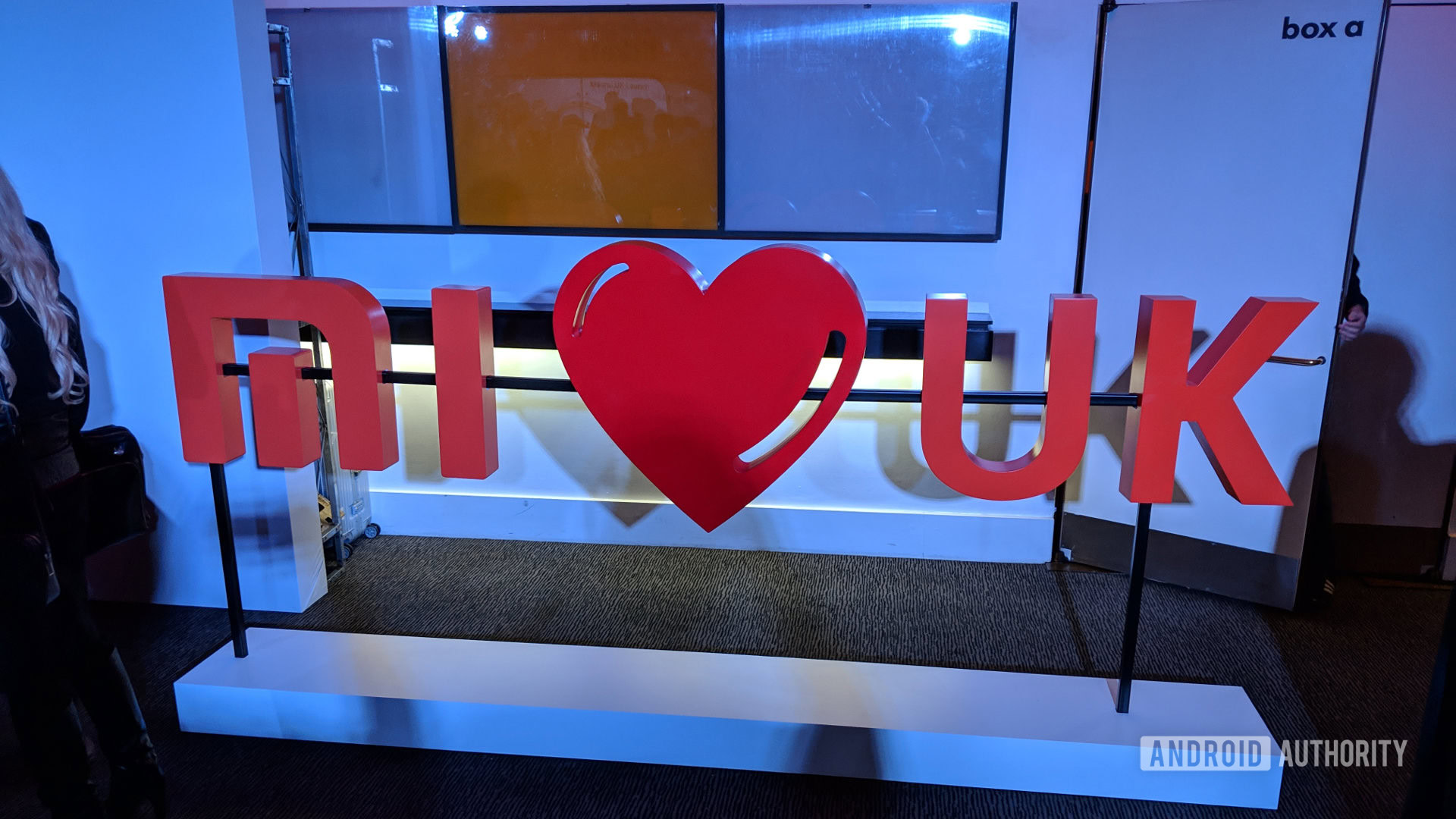
It’s been a week to the day since Xiaomi officially set its sights on conquering the U.K. smartphone market. Fresh off of a period of immense growth in the rest of Europe, as well as years of dominance in India, the Chinese brand hopes to replicate its successful model of delivering quality phones at incredibly low prices once again in the U.K.
The launch was held in the deepest, darkest, Wi-Fi-less recesses of London’s Barbican performing arts center, where selected Mi fans, VIPs, press (myself included), as well as countless more on a YouTube livestream, watched as Xiaomi unveiled the first wave of products to hit the U.K.
Only time will tell whether Xiaomi will make a dent in the market in the same way other Chinese OEMs like Huawei and OnePlus have. But what we can look at is the way Xiaomi handled its latest regional launch to see what went well and to find examples of what other OEMs should avoid when entering a new market as a hot new brand (spoiler: quite a bit).
The good
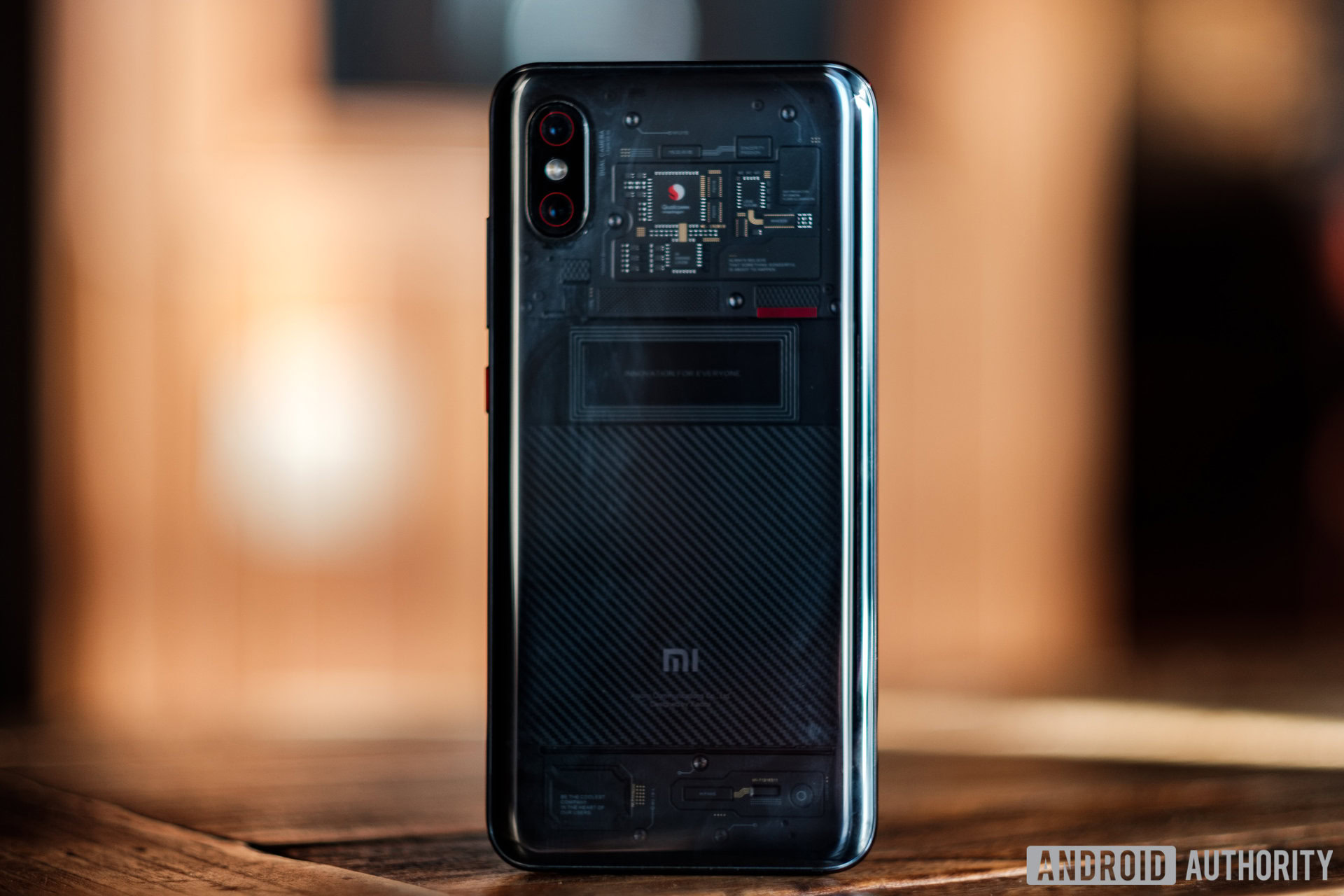
Xiaomi Mi 8 Pro
It’s no secret that much of Xiaomi’s success has been in emerging markets where phones with high price-performance ratios are essentially a license to print money. But in markets like the U.K., where status and visibility is almost as crucial as it is in the much larger U.S. smartphone sector, you need a marquee product that represents what your brand stand for.
Enter the Mi 8 Pro — a supercharged variant of the regular Mi 8 which Xiaomi smartly decided to debut on the global scale for the U.K. launch.
More: Where to buy phones in the UK: Unlocked and on-contract
I won’t go into too much detail on the phone itself here as I’m currently working on a full review. That said, you only have to look at the phone’s design, specs sheet, and price tag to know that Xiaomi is serious about wrestling the ‘flagship killer’ mantle from other popular Chinese imports like OnePlus and Honor.
Love it or hate it, the Mi 8 Pro’s translucent back panel, in-display fingerprint sensor, and iPhone XS-lookalike combo should guarantee to turn heads in retail stores.
While Xiaomi’s cheaper devices may eventually win out in terms of revenue, the decision to launch in a new market with a headline-grabbing phone like the Mi 8 Pro was absolutely the right call.
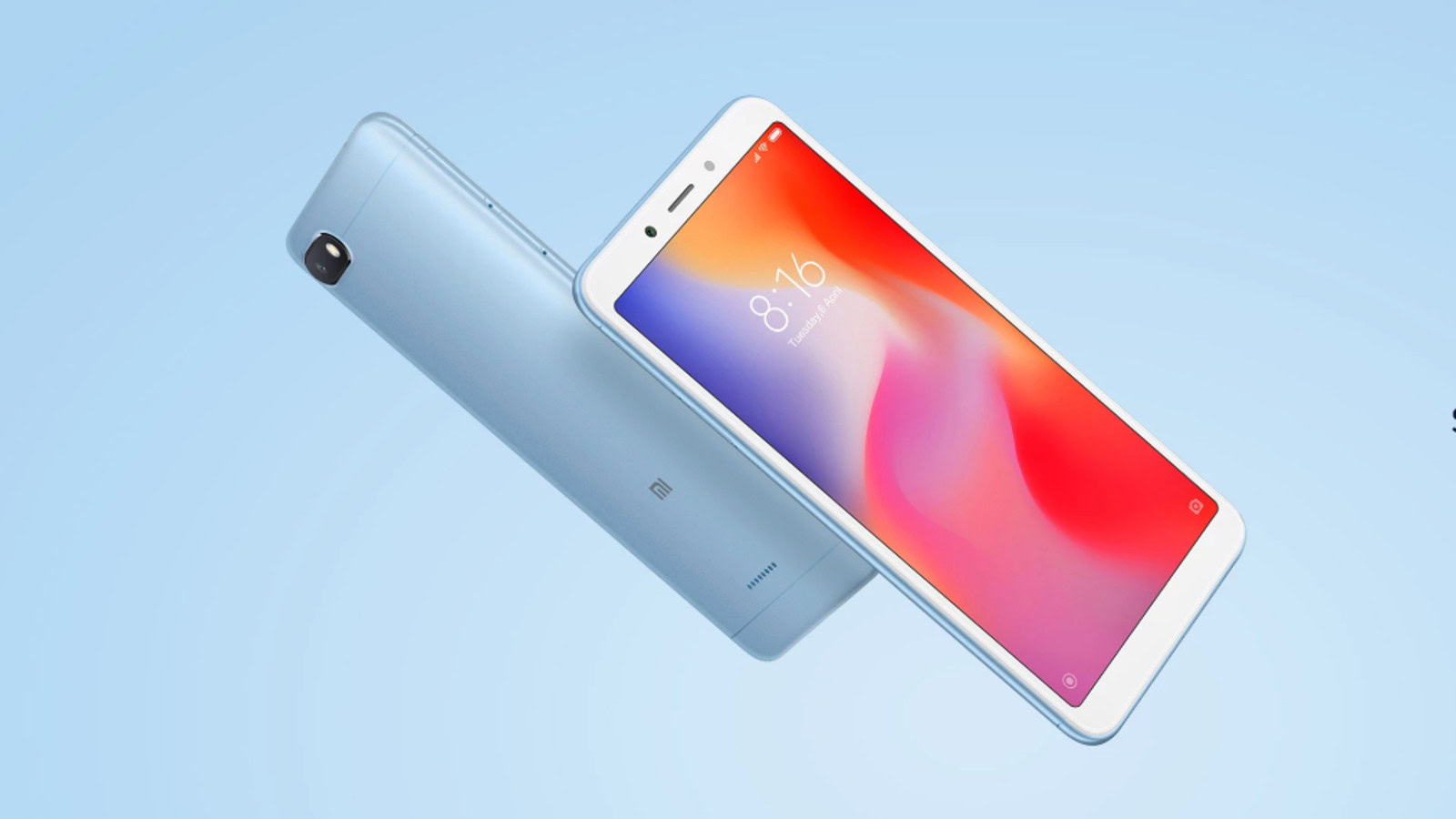
Competitive pricing
Speaking of pricing, the Mi 8 Pro’s 499 pounds retail price puts it slightly under the OnePlus 6T and well below flagships from the U.K. market’s two runaway leaders, Samsung and Apple.
Xiaomi’s director of product and marketing, Donovan Sung, spent most of the latter half of the launch presentation teasing the phone’s price, knowing full well that affordable pricing is already a crucial aspect of Xiaomi’s appeal to long-term fans, as well as a key selling moving forward into a wider market.
That ‘value for money’ mantra also extends to the other two phones announced at the launch, the regular Mi 8 (459 pounds) and the Redmi 6A (99 pounds). It also applies to the Mi Band 3 fitness tracker, which at just 26 pounds undercuts rivals like Fitbit by a massive margin.

Three partnership
As the plucky underdog of the four major U.K. mobile networks, Three is the perfect choice as a partner for Xiaomi’s first steps into the market.
Three prides itself on being a no-nonsense, competitively priced option compared to the giants of O2, EE, and Vodafone, which nicely fits in with Xiaomi’s own quality-on-a-budget style.
As OnePlus just proved (and HUAWEI attempted months prior) in the U.S., having a carrier partner is a huge boon. In this case, Xiaomi appears to have chosen its friends wisely.
The bad
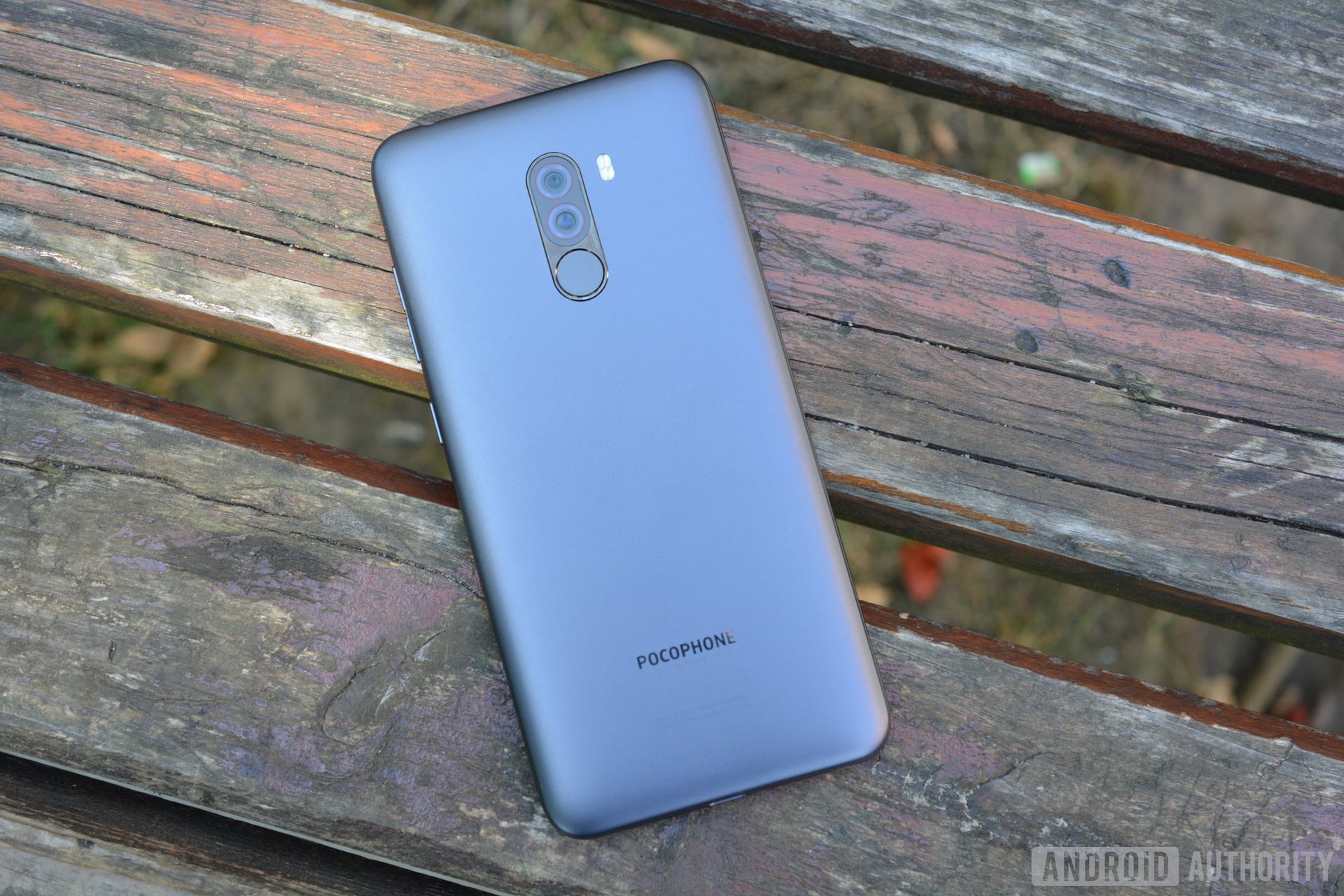
What about the other phones?
You wouldn’t have known it from the actual launch, but Xiaomi debuted a whopping 11 phones in one day on its new online U.K. store. Here’s the full list:
- Mi 8 Pro
- Mi 8
- Mi 8 Lite
- Mi A2
- Mi A2 Lite
- Redmi Note 6 Pro
- Redmi 6A
- Redmi 6
- Redmi Note 5
- Redmi S2
- Pocophone F1
I spoke to Xiaomi’s U.K. sales and marketing director, Wilkin Lee, following the event. Lee explained that the company decided not to mention the complete range of devices during the presentation because it didn’t want to overload viewers with too much information.
While Xiaomi was correct in dedicating most of the launch to the Mi 8 Pro and the ridiculously affordable Mi Band 3, dumping the rest of the phones online without any word to press or fans was a bizarre move.
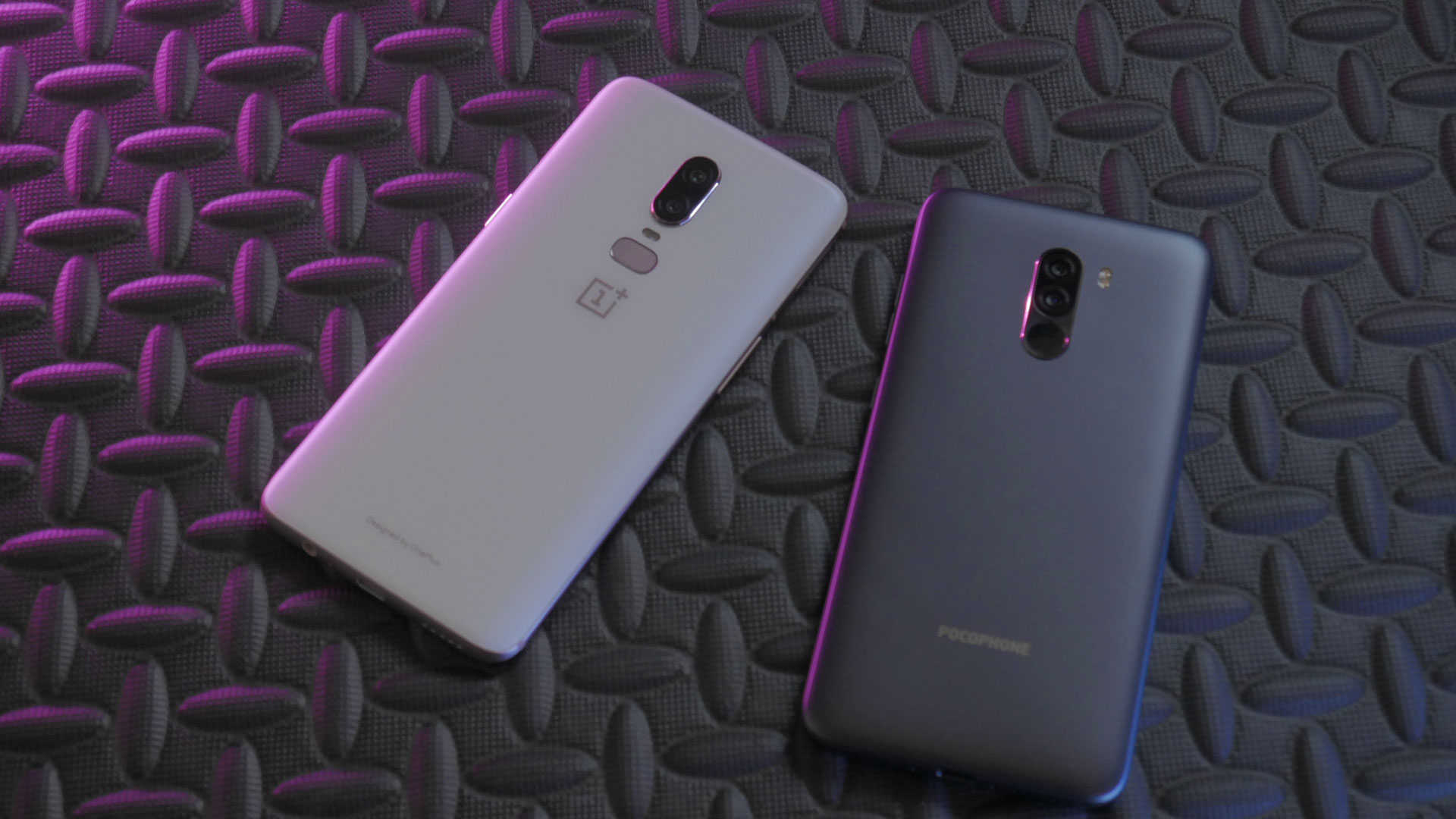
That long list includes not only some of Xiaomi’s most popular phones and Android One phones that aren’t saddled with Xiaomi’s ever divisive MIUI, but also the Pocophone F1 — a ludicrously affordable ‘flagship’ from Xiaomi’s POCOphone sub-brand that has been grabbing headlines for months.
A split second mention would’ve been all that was needed. Instead, Xiaomi effectively brushed some of its most enticing products under the carpet.
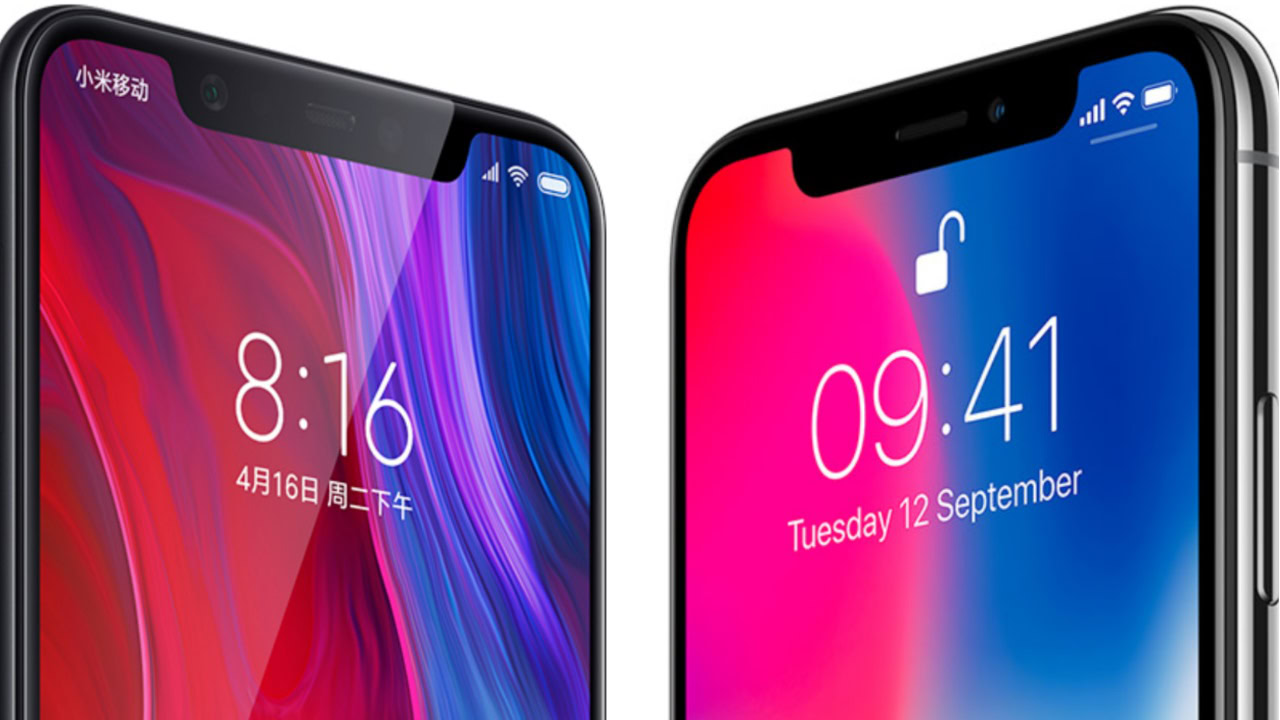
Is that an iPhone in your pocket or are you just happy to see Mi?
It doesn’t take a genius to figure out where the Mi 8 and Mi 8 Pro’s design inspiration came from. Whether you think it’s a straight-up clone or not, there’s no denying that Xiaomi’s flagship shares a lot of similarities with a certain Cupertino company’s more recent phones.
This made it even more ridiculous when throughout the launch presentation, Xiaomi’s representatives repeatedly refused to say iPhone out loud — at one point even saying “we won’t name those names” — despite throwing up comparison charts with the two phones on a projector screen. This was also the case with Samsung and comparisons with the Galaxy S9 Plus.
Xiaomi. We know what an iPhone is. We know what a Samsung Galaxy is. Don’t be silly.
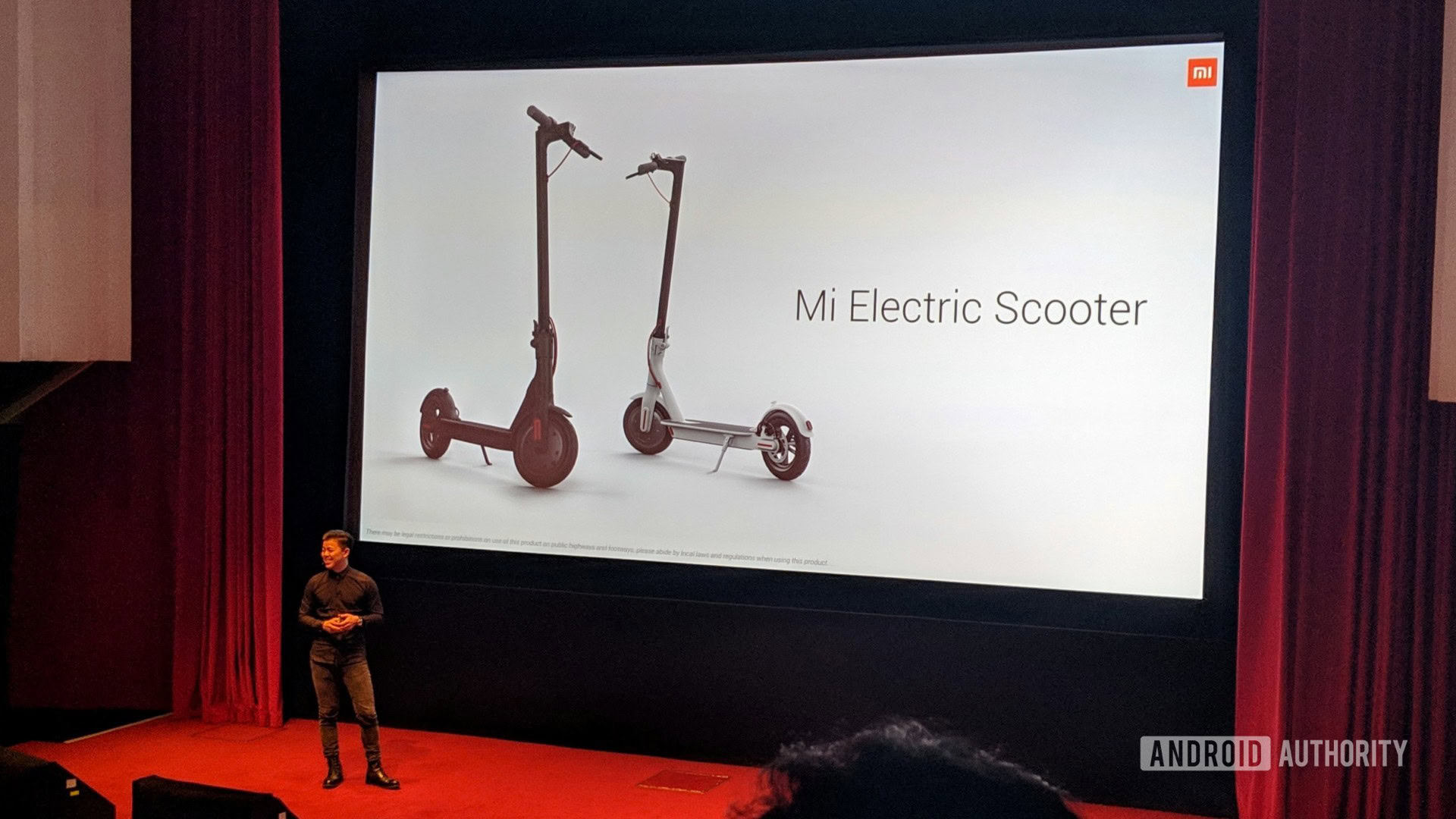
The Mi Scooter
The Mi Scooter is really cool and I kind of want one.
It’s also a fitting representative for the sheer breadth of Xiaomi’s overall product range — a range which I learnt also includes an awesome looking go kart of all things.
But there’s a hulking great white elephant in the room: You can’t legally ride that Mi Scooter in public in the U.K., making it essentially worthless to any potential buyer over here that doesn’t have a stupidly huge back garden.
Instead of spending time talking up a product that less than one percent of the population can make use of, perhaps Xiaomi could’ve mentioned, I don’t know… all 11 of those aforementioned phones?
The ugly
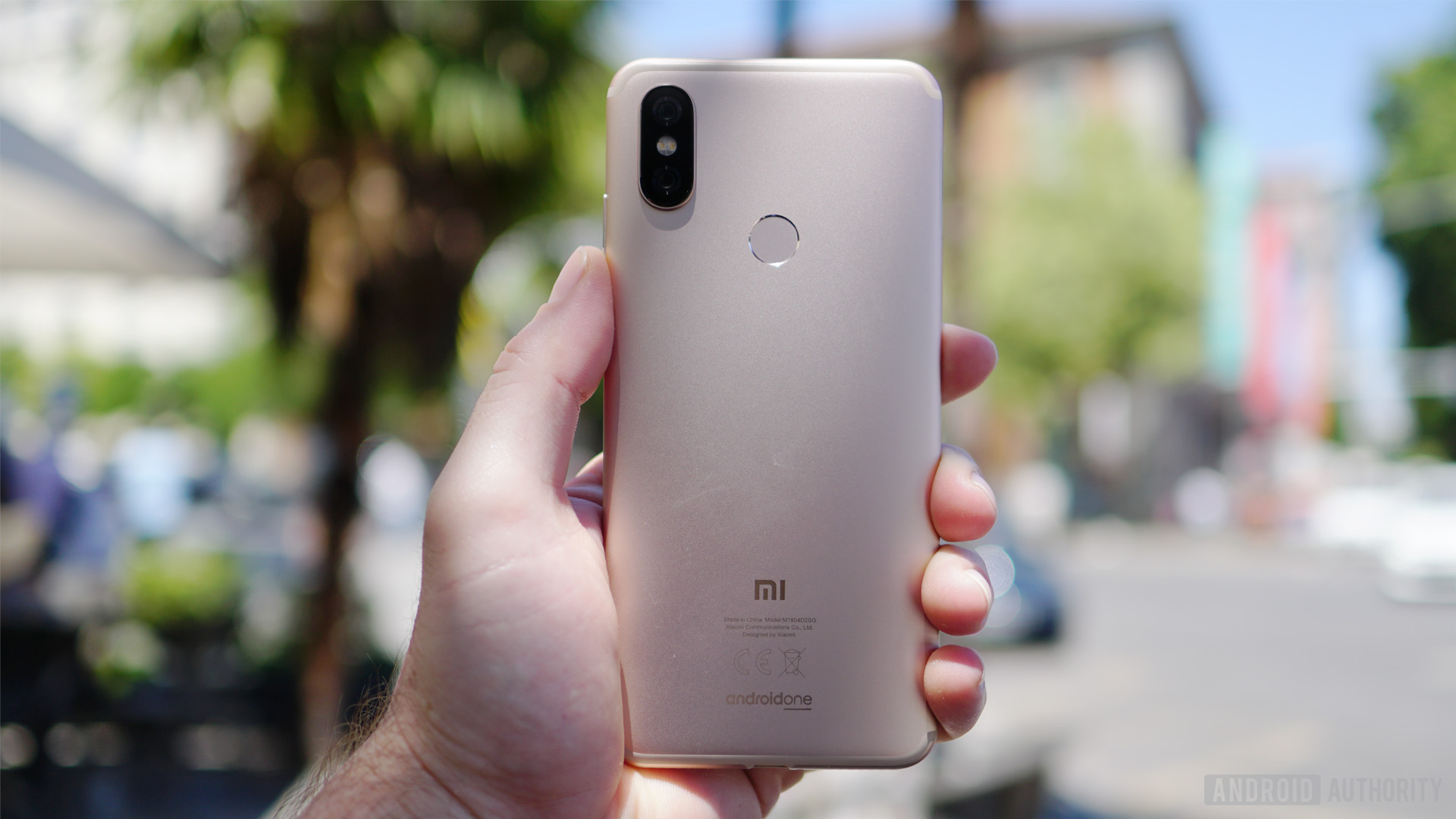
That “flash sale”
Xiaomi loves attention-grabbing mega-deals, so it wasn’t too much of a surprise when it announced that it would sell a limited number of phones at launch for just one pound. Unfortunately, it’s latest “flash sale” didn’t go entirely to plan, leaving a sour taste in the mouth for a lot of U.K. consumers.
The sale was initially marketed under the tagline “Crazy Deals. Limited Quantity.” This was later changed to “Flash Sale,” indicating that this would be a first come, first served affair much like Xiaomi’s previous flash sales in other regions.
That wasn’t quite the case, however, as it later turned out that Xiaomi had set aside just 10 phones for the promotion and was conducting the sale as a lottery with a pre-set end time just seconds after the sale started — something first spotted by a savvy Twitter user which was later addressed by Xiaomi’s Wilkin Lee.
The “£1 flash sale” used our flash sale mode. Of the thousands who clicked “buy” simultaneously, the tie-breaker is done by selecting the winners randomly. Winners will access inventory to add to cart and proceed, which is why there was no call to check stock limit on the page.— Wilkin Lee (@WilkinLee) November 10, 2018
This meant that a huge number of consumers were greeted with a “Sold Out” message when trying to place an order, leading to a mess of confusion, accusations, and anger. Xiaomi has since apologized and confirmed that 10 people have indeed received discount vouchers that guarantee either a Mi A2 or Mi 8 Lite for just 1 pound.
Chinese smartphones are already dogged by a reputation of being cheap and powerful, but ultimately unreliable. The flash sale backlash plays right into that undeserved reputation.
It’s worth noting that all of these details were in fact listed in the sale’s terms and conditions, which may exonerate Xiaomi from any impending legal action and/or fines (although that’s not a certainty, apparently). However, that doesn’t change the fact that it was a huge and immediate blow to the brand’s reputation in a fresh new market.
A statement to our Mi Fans: pic.twitter.com/Ij2jmrinaN— XiaomiUK (@XiaomiUK_) November 12, 2018
The sale has been covered by some the U.K.’s most influential media publications, including the BBC. While hundreds or thousands may have heard of Xiaomi’s “crazy deal” at the time, now millions will associate the brand with a botched viral promotion and a perceived failure to follow through on its word.
Chinese smartphones are already dogged by a reputation of being cheap and powerful, but ultimately unreliable. The flash sale backlash unfortunately plays right into that undeserved reputation.
Xiaomi can and likely will bounce back after suffering through a few weeks or months of snarky replies on social media, but as a first impression, it puts the brand on the back foot immediately.
What did you make of Xiaomi’s UK launch? Was there anything else you were hoping for that Xiaomi didn’t deliver? Let us know in the comments.